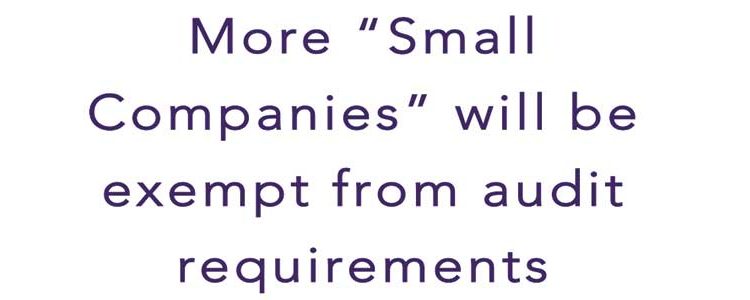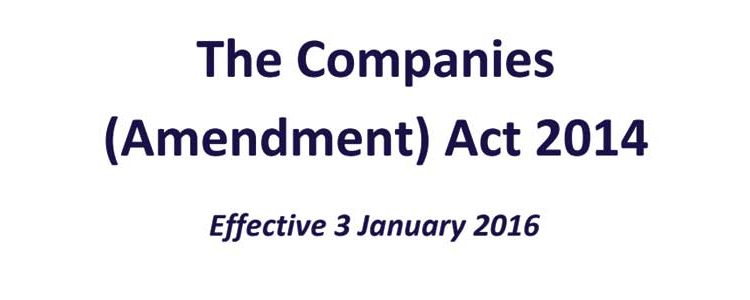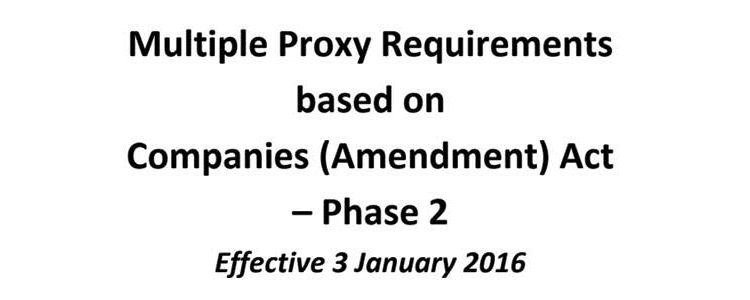April 2018 was an exciting month for BoardRoom Corporate & Advisory Services (“BoardRoom”) which was appointed as the Polling Agent for more than 230 Shareholder Meetings. Whilst the BoardRoom team has a strong legacy of successfully delivering Shareholder Meeting services (which includes Registration, electronic and paper Polling, as well as logistics arrangements) every April peak season is an exciting period for our teams who are committed to the successful delivery of every meeting.
Key Highlights of Our April 2018 Season
- 232 Annual General Meetings and Extraordinary General Meetings conducted
- More than 18,000 shareholders were registered by our teams
- 150 permanent and contract staff were deployed to execute the Meetings
Emerging Trends from Shareholders’ Q&A
Facts & Figures ~ Shareholders continue to be keenly interested on how their investment in the Listed Company has performed over time. More detailed questions are being asked relating to key performance metrics, comparing results against the budget, and whether the performance is in line with the long-term strategy already set out.
Telling the Corporate Story ~ The Board of Directors and Senior Management have become more adept in sharing the vision of the business and now are more understanding of the perspective of investors. Savvy retail investors are increasingly concerned over detailed developments of the Company which includes acquisitions and divestment, as well as the causes of significant impairment. The Boards and Management respond by sharing more of the observable trends relating to their specific industry.
Return on Investment ~ One of the often recurring discussions pertain to dividend policy as Investors continue to pursue dividend yield and acutely question Management on their rationale for cash preservation. Businesses now have to be clear about how they align their corporate story to the long-term strategy, in the attempt to convince investors to wait longer for larger pay day.
Board Governance ~ The topic of Board diversity has become increasingly rife. As at 31 December 2017, women directors increased to 13.1% of directorships on boards of the Top 100 primary-listed companies on the Singapore Exchange (SGX). The 20% increase from 2016 is the highest increase over the past three years, after 10.9% in 2016, 9.5% in 2015 and 8.6% women on board in 2014. Another key area pertains to the potential changes in the Code of Corporate Governance relating to the “Nine-year-Rule” for Director Independence. The proposed revision provides a “hard-line” criteria that Independent Directors cannot serve for more than 9-years on the same company. While waiting for the final outcome, Companies and Shareholders already see this development as an opportunity for Companies to commence the search for new qualified Independent Directors.
The Rise of Activism
Shortly after the conclusion of the April 2018 season, there were some developments in Shareholder Activism during meetings, one of which was widely-publicized. In an unprecedented move, the Singapore Exchange called for one listed-company to hold a new EGM due to inaccuracies in the submission of information for the meeting and shareholder disputes relating to the conduct of the original EGM.
NUS Business School Associate Professor Lawrence Loh, who is also a director at the Centre for Governance, Institutions and Organisations, made the following comments on SGX RegCo’s unprecedented move –
“It reflects the increasing trend by the regulator to be more interventionist when something is amiss, and willing to take on company-specific action. This more direct approach in regulating companies is much preferred than spraying across the horizon, without actually targeting or hitting anyone specific.”
For more information on BoardRoom’s Shareholder Meeting Services, please contact us at [email protected] or drop me a text via LinkedIn!
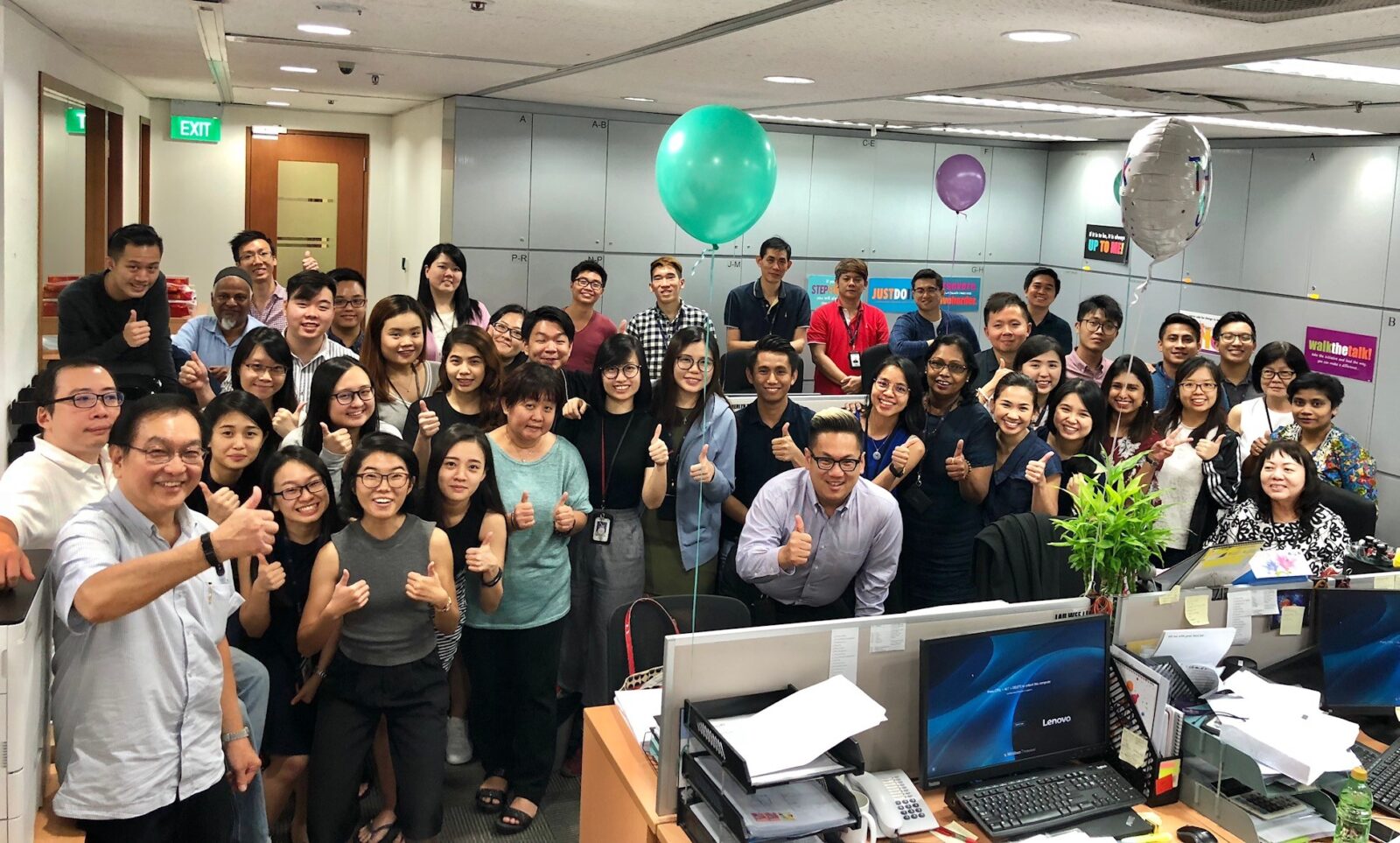




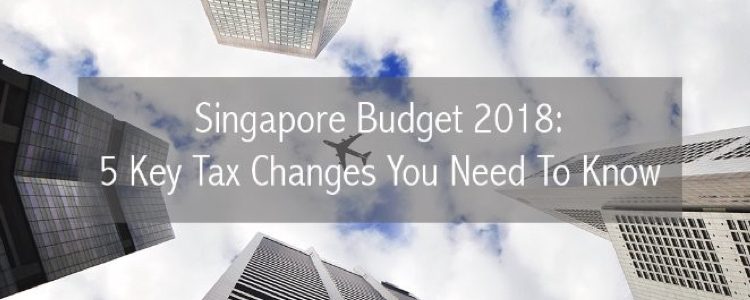



 In the long-awaited outcome for SGX to reveal its plans for the Quarterly Reporting (QR) framework in Singapore, a Consultation Paper has been issued by the Exchange – worded in a way that seems to leave the decision-making in the hands of the investing public and corporate stakeholders. Some sectors may be comforted that the Consultation has taken into consideration certain options and alternatives which indicate a fine-tuning of the current QR framework, rather than an outright razing of the practice. Perhaps this is in response to the loud detractors of the QR since its inception.
In the long-awaited outcome for SGX to reveal its plans for the Quarterly Reporting (QR) framework in Singapore, a Consultation Paper has been issued by the Exchange – worded in a way that seems to leave the decision-making in the hands of the investing public and corporate stakeholders. Some sectors may be comforted that the Consultation has taken into consideration certain options and alternatives which indicate a fine-tuning of the current QR framework, rather than an outright razing of the practice. Perhaps this is in response to the loud detractors of the QR since its inception. Unless you’re an ice-cream seller, it is near-impossible to please everyone. And I don’t think that SGX is going to find much luck in respect of this Consultation Paper. Some listed companies which hoped to be spared from what they claim to be a burdensome QR regime, citing unnecessary costs of compliance and reporting, will probably continue to gripe about retaining this practice. SGX has also been under pressure with the opinion that the QR regime makes Singapore unattractive to new IPOs. But is this true? Some Singapore companies which have attempted a dual-listing in an Exchange not-far-north have gone through much tighter listing-regulatory regimes and there doesn’t seem to be a lack of other companies trying the same.
Unless you’re an ice-cream seller, it is near-impossible to please everyone. And I don’t think that SGX is going to find much luck in respect of this Consultation Paper. Some listed companies which hoped to be spared from what they claim to be a burdensome QR regime, citing unnecessary costs of compliance and reporting, will probably continue to gripe about retaining this practice. SGX has also been under pressure with the opinion that the QR regime makes Singapore unattractive to new IPOs. But is this true? Some Singapore companies which have attempted a dual-listing in an Exchange not-far-north have gone through much tighter listing-regulatory regimes and there doesn’t seem to be a lack of other companies trying the same.

